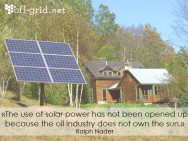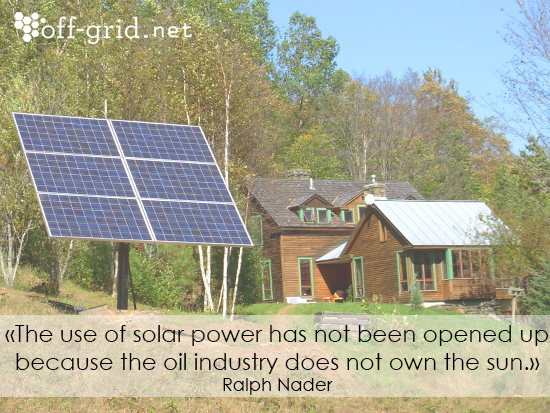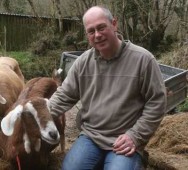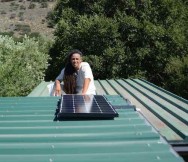Why Off-grid Housing is the Future
 Green living has gone beyond being a fad and has become an essential part of modern life. So much so that people nowadays are looking to live off the grid to pursue sustainable lifestyles, geared towards less consumption and making less of an impact on the environment.
Green living has gone beyond being a fad and has become an essential part of modern life. So much so that people nowadays are looking to live off the grid to pursue sustainable lifestyles, geared towards less consumption and making less of an impact on the environment.
Off-grid living has become a survival mechanism for people who acknowledge that there are issues more important than political squabbling to address. We all know what these are – the climate crisis and the rise of populism
This has led many people into adopting greener lifestyles and many of them look towards off-grid housing as an important factor for making this transition. In fact, the prevalence of off-grid housing will likely lead towards better adaptability, especially as more people are looking for better ways to safeguard the environment from ecological doom.
And no doubt, off-grid housing will reduce risks and will most probably define how people could be living in the future.
That said, let’s look at a few important advantages that off-grid housing could provide for us in the coming years:
1. Reduction of energy costs
Energy consumption has spiked recently as urban centers continue to grow to envelop the countryside with suburban developments. In fact, the continued rise in demand would cause energy consumption to rise even higher. At least with living off-grid, you get to escape from high electricity bills and successfully live a more frugal lifestyle.
2. Numerous options for customization
Living off the grid does require some modifications your home design. This leaves ample room for creativity as you pick the most essential features you might need for pursuing an off-grid lifestyle. You could experiment with plenty of conventional floorplans, but most off-grid homes are already designed keeping both functionality and comfort in mind. You just have to pick the right contractors who can handle such eco-friendly concepts.
3. Being located far from urban centers
On-grid living entails locations away form urban centers where crime rates are consistently on the rise and frequent traffic accidents, or vandalism, will have you searching for ICBC glass express, each time you need to replace your car’s windshield. Off-grid housing is typically located a long way of urban centers.
4. Promotion of health and wellness
Living off-grid doesn’t only impact your energy consumption, it can also improve your family’s health. Off-grid housing is made from organic materials that do not contain the traces of carcinogens typically found in standard homes. That said, off-grid housing allows you to secure your family’s health for the better.
Living off-grid has a plethora of benefits for people who want to live simple, eco-friendly lives. It’s only a matter of investing in such a property that could very well change the housing landscape. And considering the need to adapt in the midst of an impending climate disaster, off-grid housing could be the “new normal” in …




 Handelsblatt Global Edition
Handelsblatt Global Edition


